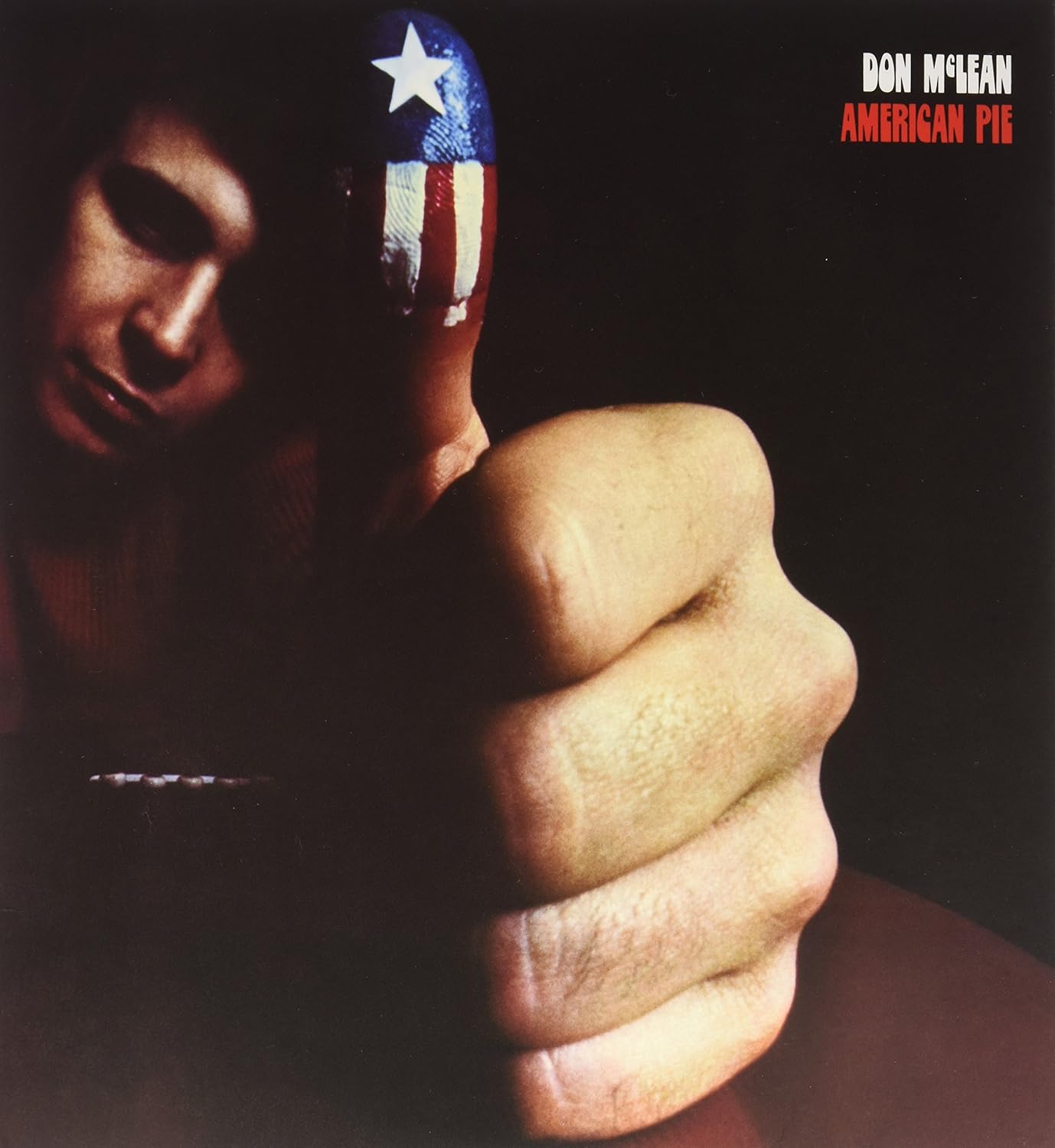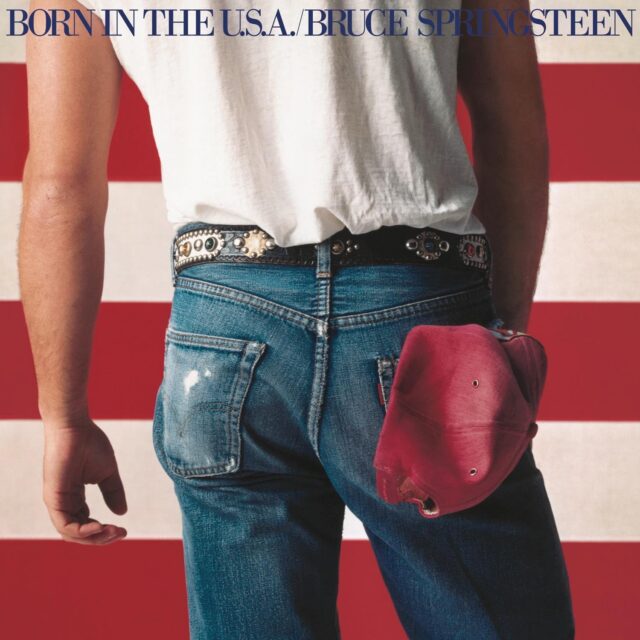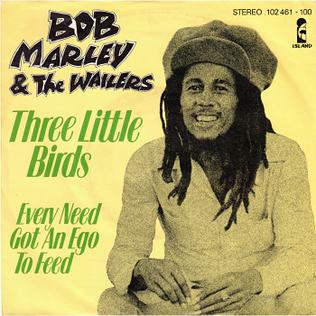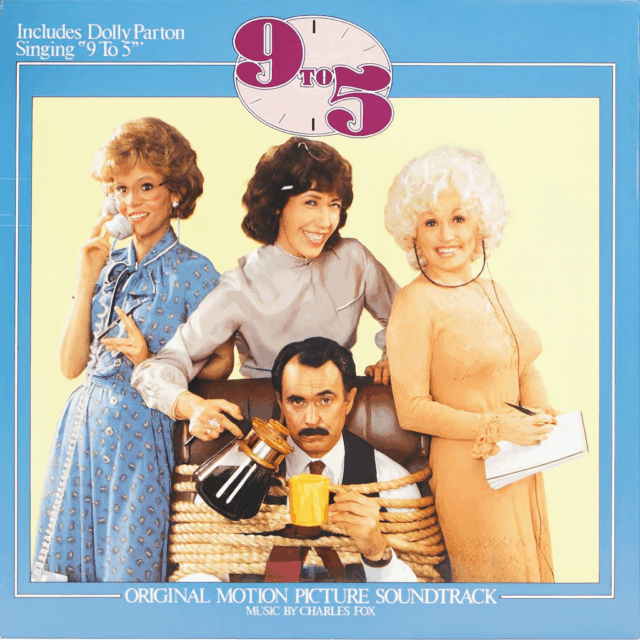“American Pie” takes you to an America from a long, long time ago.
The artist is Don McLean, and the song was recorded at Studio A the Record Plant in New York on Wednesday, May 26, 1971.
“I want to write a song about America but I don’t want to write a song like anybody ever wrote about America before. I wanted to write a song about the new America, which is rock and roll, which is people’s involvement in politics and the connection between all that,” said McLean. “I was building it. I could hear it. I could feel it that something was going on. Bigger than me. I was trying to create some sort of abstract, dreamlike story about America.”
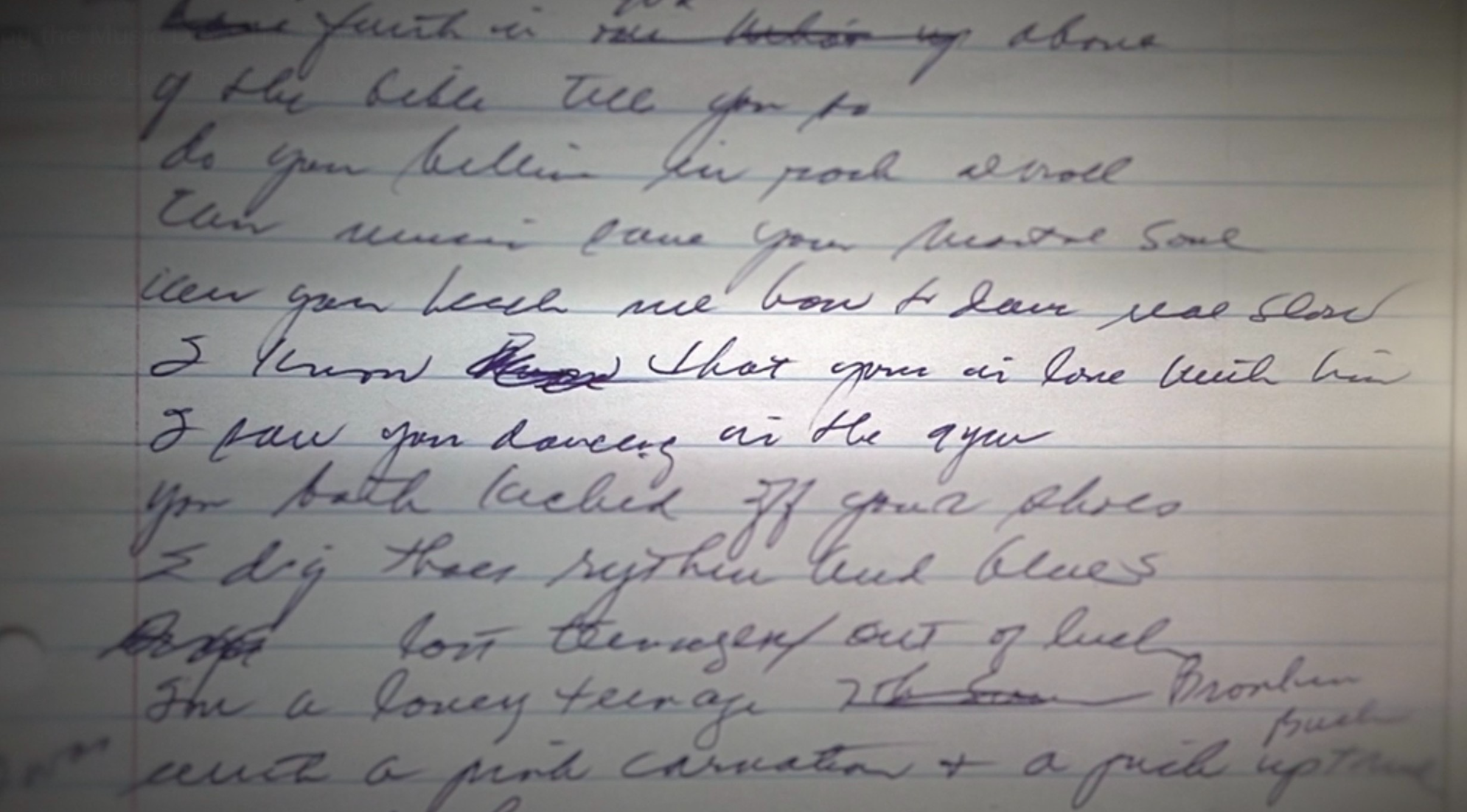
“American Pie,” an 8-minute and 42-second song, is filled with cultural references and personal reflections.
The first time the song was played in front of a live audience was at St. Joseph’s College at The Field House in Philadelphia to a crowd of 3,200. Those in attendance were there to see Laura Nyro, and McLean was the opening act. The date was Friday, March 12, 1971, and according to McLean, the reaction to the song was “not much, ok… The song was so different that they hadn’t heard anything like it.”
Months later, an acoustic version was played during Pete Fornatale’s radio show around June 26 on New York’s WNEW-FM, with a live simulcast on WPLJ-FM. This coincided with the closing of the Fillmore East, the legendary venue dubbed as “The Church of Rock and Roll.”
The album ‘American Pie’ was released on October 24, 1971, with the double A-side single following on Friday, November 12.
“Everything took off like a rocket… American Pie blew up the world,” said McLean.
The song charted within a month, topped the Billboard Hot 100 on January 15, 1972, and held that position for four consecutive weeks. In turn becoming the longest song ever to reach the number one spot.
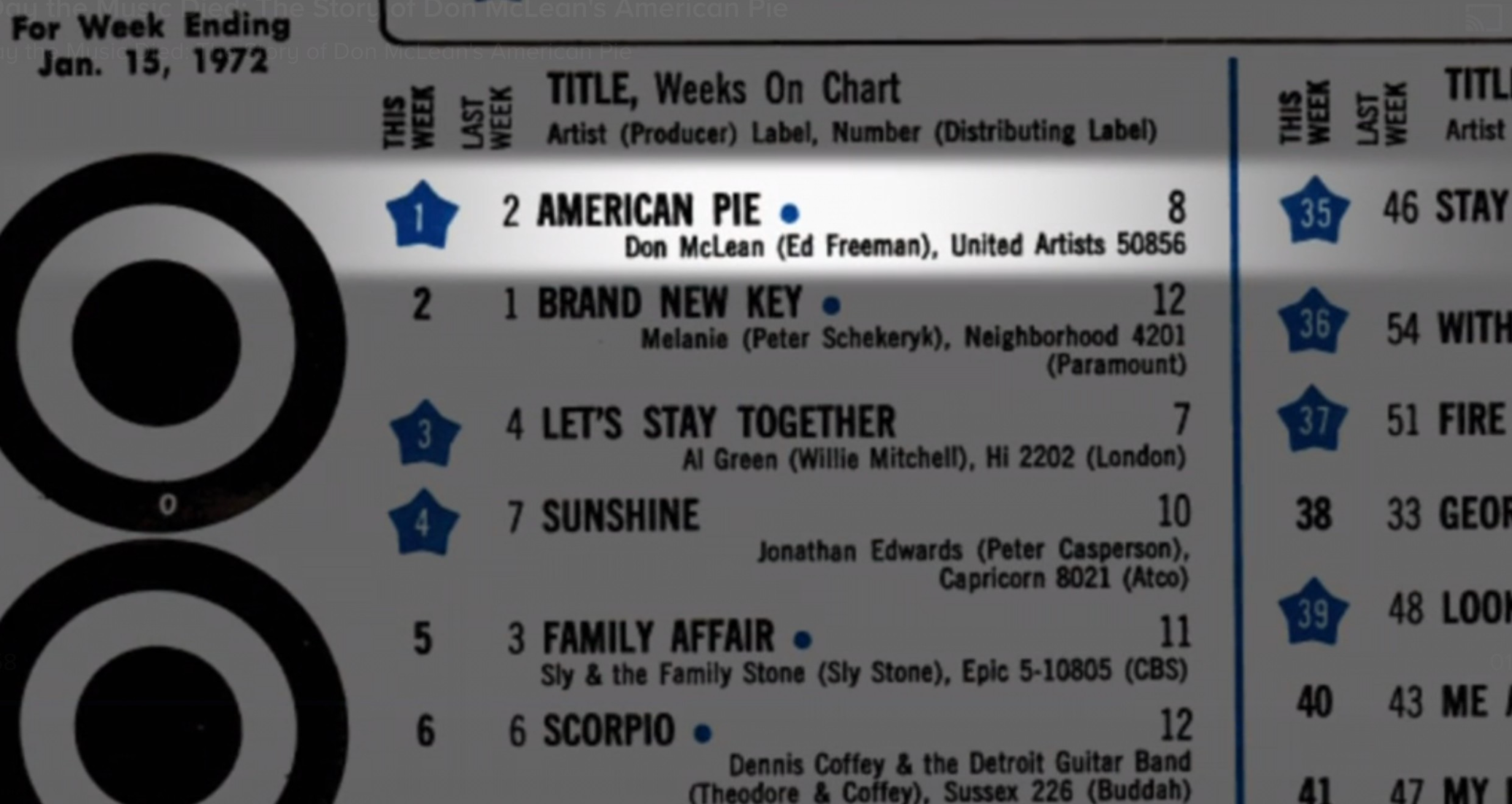
“Without it, many of us would have been unable to grieve, achieve closure, and move on. Don saw that, and wrote the song that set us free,” stated Ed Freeman, the song’s producer. “American Pie was really encapsulating the experience for a whole generation. We were witness to the death of the American dream. We went through both Kennedys being shot, Malcolm X, Martin Luther King, Vietnam. Hippies thought we were going to take over the world. Love and Peace. It didn’t happen. For me, American Pie is the eulogy for a dream that didn’t take place. It was real important that way. I think we all needed it. “
At its core, “American Pie” is McLean’s reflection on loss, the changing music scene, and shifts in American society—what he himself described as a “complicated parable.”
“‘American Pie’ presents an abstract story of McLean’s life from the mid-1950s until the end of the 1960s, and at the same time it represents the evolution of popular music and politics over these years, from the lightness of the 1950s to the darkness of the late 1960s, but metaphorically the song continues to evolve to the present time. It is not a nostalgia song. ‘American Pie’ changes as America, itself, is changing,” states McLean’s website.
The music died on a Tuesday
“People ask me if I left the lyrics open to ambiguity,” said McLean. “Of course I did. I wanted to make a whole series of complex statements. The lyrics had to do with the state of society at the time. The song is an indescribable photograph of America that I tried to capture in words and music.”
McLean was born on October 2, 1945, and raised in New Rochelle, New York. His asthma frequently isolated him from school for “weeks and weeks, stuck in the house, looking at kids playing outside and I developed different than they did,” but this awakened his love for music.
At thirteen, McLean had a job delivering newspapers for the New Rochelle Standard-Star. This led him to purchase his first guitar, a Martin, from the local music store called the House of Music.
The inspiration for the song is rooted in his response to the death of Buddy Holly, along with Ritchie Valens and J.P. “The Big Bopper” Richardson, in a plane crash north of Clear Lake, Iowa, on Tuesday, February 3, 1959. This is the event that has been immortalized as “the day the music died.”
“Buddy’s death, for me, an impressionable thirteen-year-old delivering papers, was an enormous tragedy,” said McLean.
Imagine being thirteen and seeing this news repeatedly on the papers you’re delivering to every door. The person responsible for delivering the news to others. Over and over again. Continually making an impression.
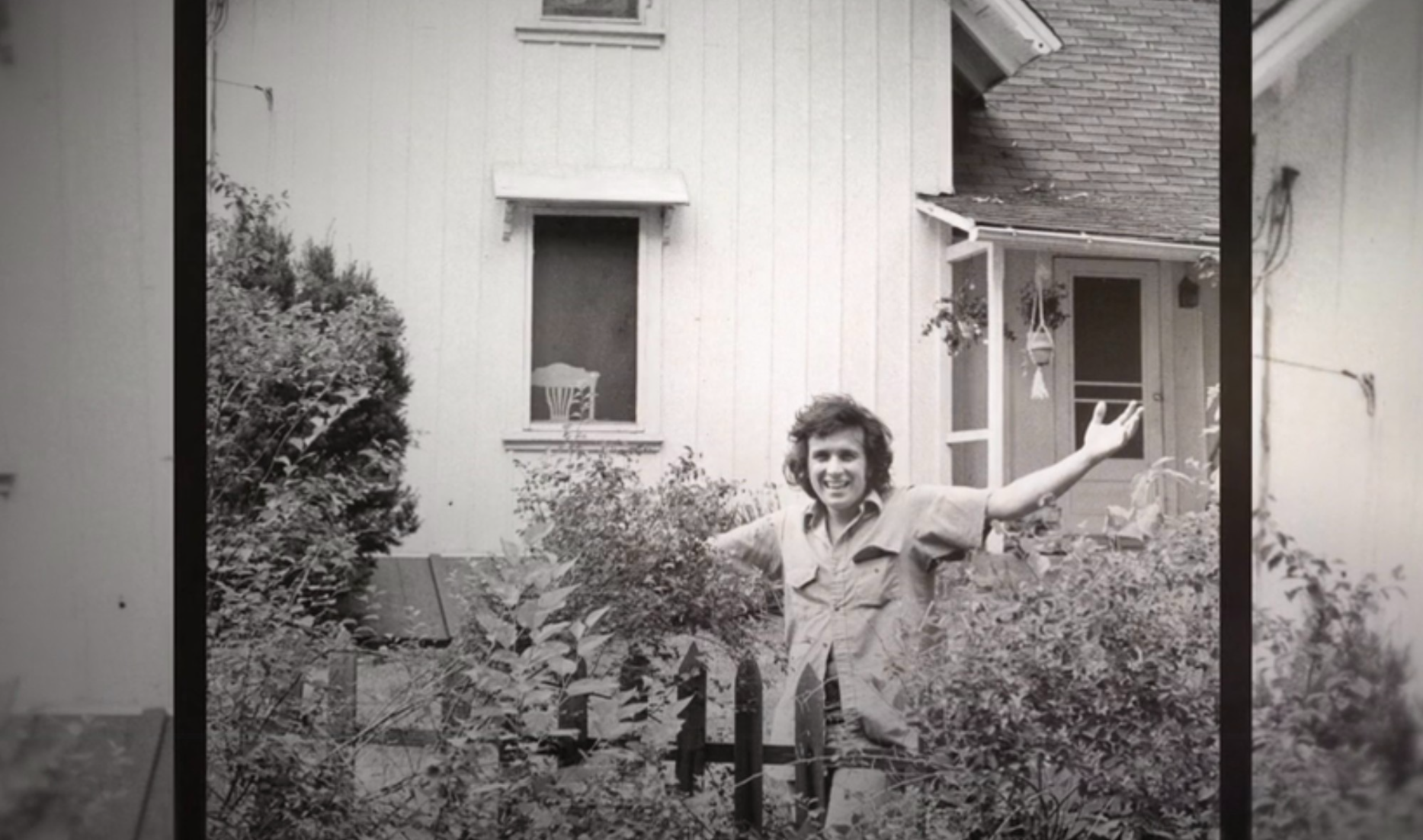
“American Pie” was one of the last songs McLean wrote for the album, and he started writing the song in a gatehouse in Cold Spring, New York.
“I was writing furiously now. I was inspired by the people that I met. The artists, the writers, the scientists, the political people. And the first album I made was called Tapestry… In 1969 in Berkeley, California, and there’d be a small riot every day I was making that record. They’re gassing the guys coming to the sessions, like every day. So I’m thinking, it’s crazy. What’s going to happen to the country now? Things are getting worse,” said McLean. “We’d had numerous assassinations throughout the ’60s. The Kennedy assassination. Martin Luther King. And RFK. We had the war in Vietnam. Rage against Nixon and the chaotic insanity that was out there. It broke up families, tearing the whole place apart. The country was in an advanced state of psychic shock. Drugs everywhere. Everybody’s smoking dope and sleeping with everybody else. And all this bedlam and riots and burning cities. And I’m always standing back trying to read the signs. What’s this mean? And try to put it somehow in my simple way into some of these songs.”
“I was working on this second record, but I wasn’t happy with it. And so I said, I gotta have a big song about America. I just really knew I wanted to do this. One day I was up there sitting on the little bed, and I turned this tape recorder on, and… I just started singing.”
“I had this little tape recorder and sang the first verse, right up to ‘the day the music died.’ It was like a genie coming out of a bottle. I turned the tape recorder off and thought, ‘What the heck was that?'” said McLean. “I made it up as I was going along. I didn’t know what to do with it at the time, but I knew it was special. I didn’t want another ballad on the record because it already had too many ballads. So a couple of months later I came up with the chorus, and three months later I wrote the verses. Took me about two hours. They were all set to the same melody, and the last verse was slowed down like the first verse, and then it was done.”
“I was up at night, smiling and thinking about what I’m going to do with this.”
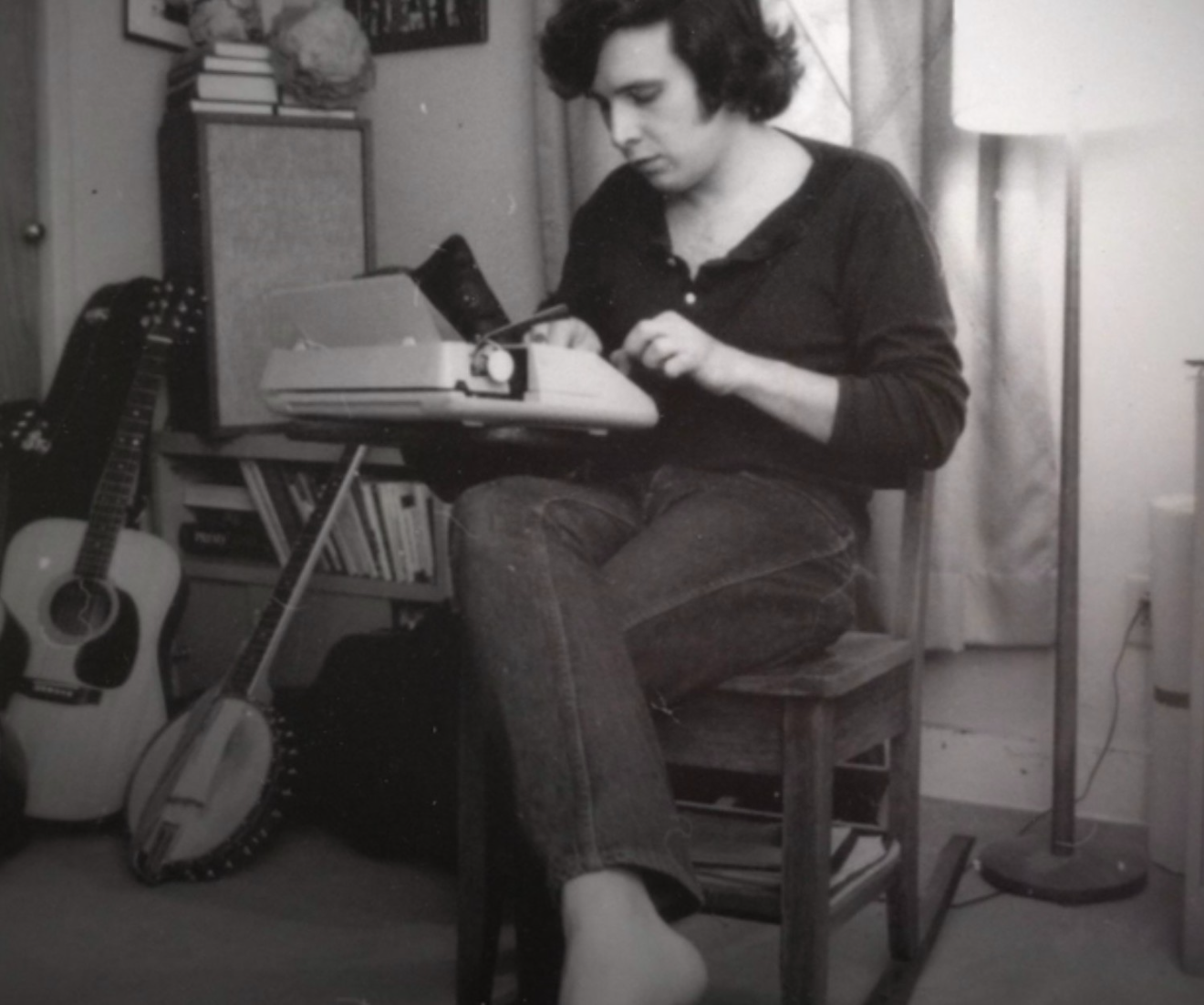
In May 1971, McLean with a few session musicians rehearsed for two weeks without nailing the song, getting increasingly frustrated. The addition of pianist Paul Griffin at the last minute was a “Hail Mary” that made the song whole.
When the song was released, “American Pie” “took over the airwaves and the consciousness in a way that few records had done before or since…. Here was a pop phenomenon that grabbed the public’s attention not so much with chords as with words,” said critic David Browne in the New York Times.
“It’s about America,” McLean said. “Buddy Holly’s death is what I used to try to write the biggest possible song I could write about America. And not a ‘This Land Is Your Land’ or ‘America, the Beautiful’ or something like that. I wanted to write a song that was completely brand new in its perspective.”
Lyrically: American Pie
“A long, long time ago…” McLean says. “The first verse of the song is biographical,” specifically about his memory of the death of Buddy Holly. “The idea of Buddy Holly’s death was what got me started. I’d been obsessed with Buddy Holly since I was a paperboy, and his death had a powerful impact on me,” said McLean. “So the death of Buddy Holly gave me the concept that I was then able to build into a song.”
“Buddy was like a lost brother, or that somebody died in the war, and there was this yearning I had in me always and I could never talk to anybody about it because it was all in me,” stated McLean. “I brought Buddy back to life, and he brought me back to life.”
A long, long time ago
I can still remember how that music
Used to make me smile
And I knew if I had my chance
That I could make those people dance
And maybe they’d be happy for a while
But February made me shiver
With every paper I’d deliver
Bad news on the doorstep
I couldn’t take one more step
I can’t remember if I cried
When I read about his widowed bride
But something touched me deep inside
The day the music died
“In those days in 1959, Buddy was 22 years old and Ritchie Valens was 17; I don’t know how old The Big Bopper was — in his late 20s, I think,” McLean said. “Each town in Westchester had its own newspaper. There was The Standard-Star, which I delivered. Every little thing was in The Standard-Star. When the event occurred on February 3, 1959, it was picked up from the wire services and was a pretty dry column. I might be wrong, but I don’t recall any pictures. It just said, ‘Three Stars Killed in Plane Crash.’ I don’t think they even mentioned the names. I couldn’t believe it.”
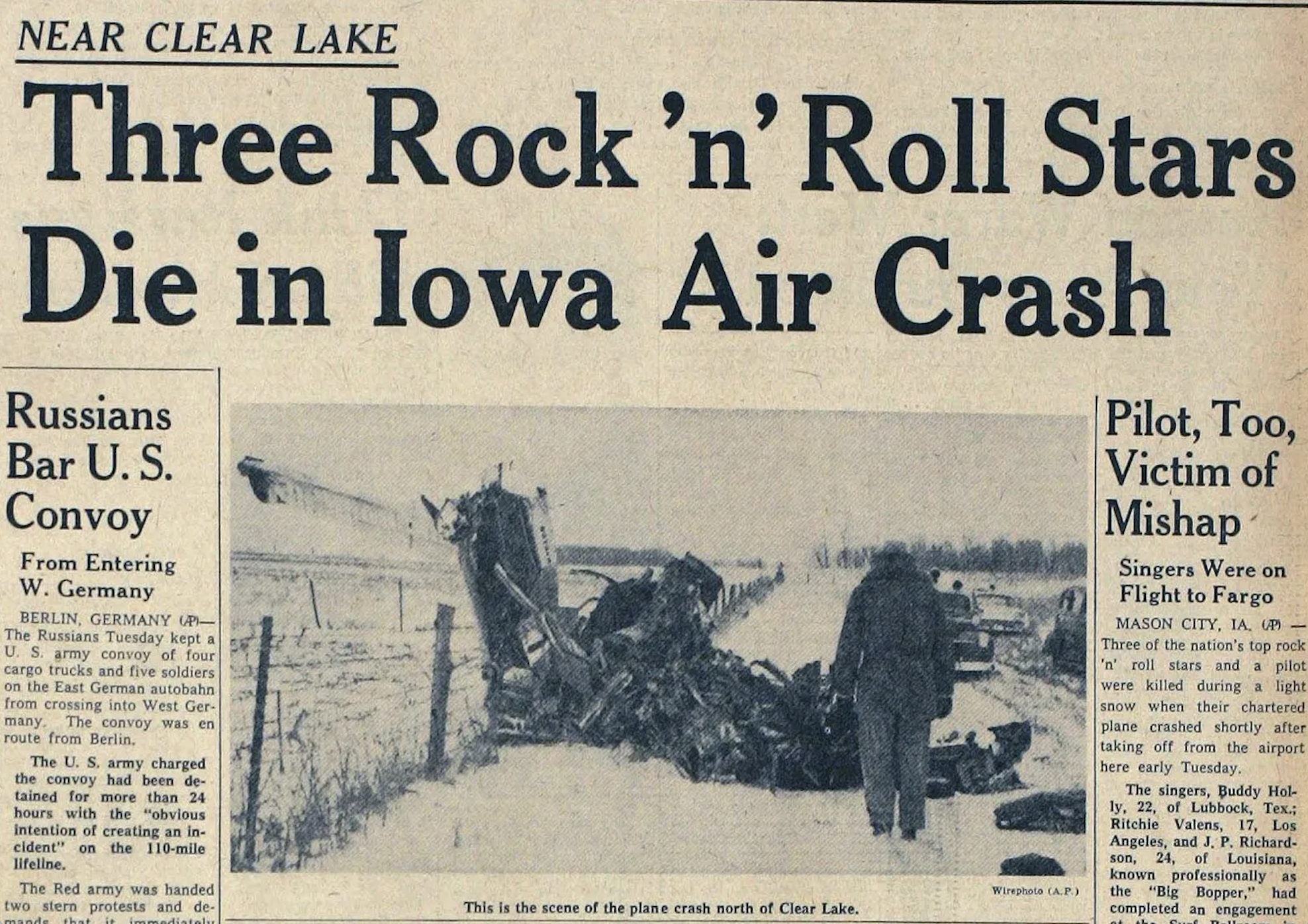
So, bye-bye, Miss American Pie
Drove my Chevy to the levee, but the levee was dry
And them good ol’ boys were drinkin’ whiskey and rye
Singin’, “This’ll be the day that I die This’ll be the day that I die”
McLean stated that the chorus for the song came “from God knows where in my head.”
“Bye Bye Miss American Pie” references one-time mentor Pete Seeger’s “Bye Bye, My Roseanna.” McLean originally penned the song as “Miss American apple pie” but decided to remove the fruit reference, thus coining the phrase “American Pie,” which didn’t exist before he wrote the song.
The line “This’ll be the day that I die” was inspired by John Wayne’s character, Ethan Edwards, in the 1956 film “The Searchers,” which also influenced Buddy Holly’s song “That’ll Be the Day.”
Did you write the book of love,
And do you have faith in God above,
If the Bible tells you so?
Now do you believe in rock and roll,
Can music save your mortal soul,
The lyrics “Can music save your mortal soul?” McLean says, “See that’s the theology in me coming out. In the church, they only talk about your immortal soul. I’m saying can the music save your mortal soul. As a man, now being alive!”
And can you teach me how to dance real slow?
Well, I know that you’re in love with him,
‘Cause I saw you dancin’ in the gym,
You both kicked off your shoes,
Man, I dig those rhythm and blues.
I was a lonely teenage broncin’ buck,
With a pink carnation and a pickup truck,
But I knew I was out of luck
The day the music died.
“This is all me… Seeing other kids being happy and hearing the music going on behind them, and seeing other things happen that I wasn’t a part of,” said McLean. “Yeah, I was a lonely teenage broncin’ buck. Now, that’s a takeoff of having bronchial asthma. I was broncin’ but I was still a stallion.”
For the lyrics “With a pink carnation and a pickup truck,” McLean notes, “Sure, I went to a lot of proms but never had a pickup truck. But I could have anything I wanted in my songs!”
“Now, for ten years we’ve been on our own / And moss grows fat on a rolling stone.” These lyrics are about the death of McLean’s father in 1961 when he was 15, and how he gained weight during this time. This coincides with when McLean started writing “American Pie.”
Now, for ten years we’ve been on our own
And moss grows fat on a rollin’ stone
But that’s not how it used to be
When the jester sang for the king and queen
In a coat he borrowed from James Dean
And a voice that came from you and me
Oh, and while the king was looking down
The jester stole his thorny crown
The courtroom was adjourned
No verdict was returned
And while Lenin read a book on Marx
The quartet practiced in the park
And we sang dirges in the dark
The day the music died
McLean stated that Elvis wasn’t the “king,” Janis Joplin wasn’t the “girl who sang the blues,” and Bob Dylan wasn’t the jester. The “marching band” refers to the military-industrial complex, while “sweet perfume” was his euphemism for tear gas being used. “Lennon read a book on Marx” is accurate and applies to both John Lennon and Vladimir Lenin, with “Eight miles high and falling fast” being a reference to a song by The Byrds called “Eight Miles High.” The “forward pass” came from the lyrics of “Bottle Up and Go” by Josh White.
Helter skelter in a summer swelter
The birds flew off with a fallout shelter
Eight miles high and fallin’ fast
It landed foul on the grass
The players tried for a forward pass
With the jester on the sidelines in a cast
Now, the halftime air was sweet perfume
While sergeants played a marching tune
We all got up to dance
Oh, but we never got the chance
‘Cause the players tried to take the field
The marching band refused to yield
Do you recall what was revealed
The day the music died?
McLean noted that “we’re out in the middle of an endless universe. None of us are important except to each other. And we are all lost in space… because the war was hotter than it ever was before.” This war was the Vietnam War and the opposition to it.
Oh, and there we were all in one place
A generation lost in space
The lyrics also seek some “happy news,” but there is none to be experienced. “I got the bad news in the front of the song, now I’m asking her for some happy news at the end of the song, ‘But she just smiled and turned away’… she knew something, but she wasn’t going to say anything. She doesn’t give me any good news,” said McLean.
The “sacred store” was the House of Music on Main Street, where McLean purchased records and his first guitar.
And the three men I admire most
The Father, Son, and the Holy Ghost
They caught the last train for the coast
“Even God has been corrupted. He’s going to Los Angeles,” commented McLean. Los Angeles is the “coast” mentioned in “caught the last train for the coast.”
“American Pie” has been inducted into the Grammy Hall of Fame and named a “Song of the Century” by the Recording Industry Association of America (RIAA) and the National Endowment for the Arts.
In the documentary, Garth Brooks said, “People found a roadmap in this song that is a million different things to a million different people. ‘American Pie’ is one of those few songs that you stand behind and go, ‘This is what the power of music is… this thing is timeless because no one has ever written like it since.'”
“There’s a circularity to the song because I’m dealing with the music in the beginning and then all this stuff has happened,” McLean explains. “I’m going back to the sacred store to find the music, and the music wouldn’t play. So, it’s a circle.”

